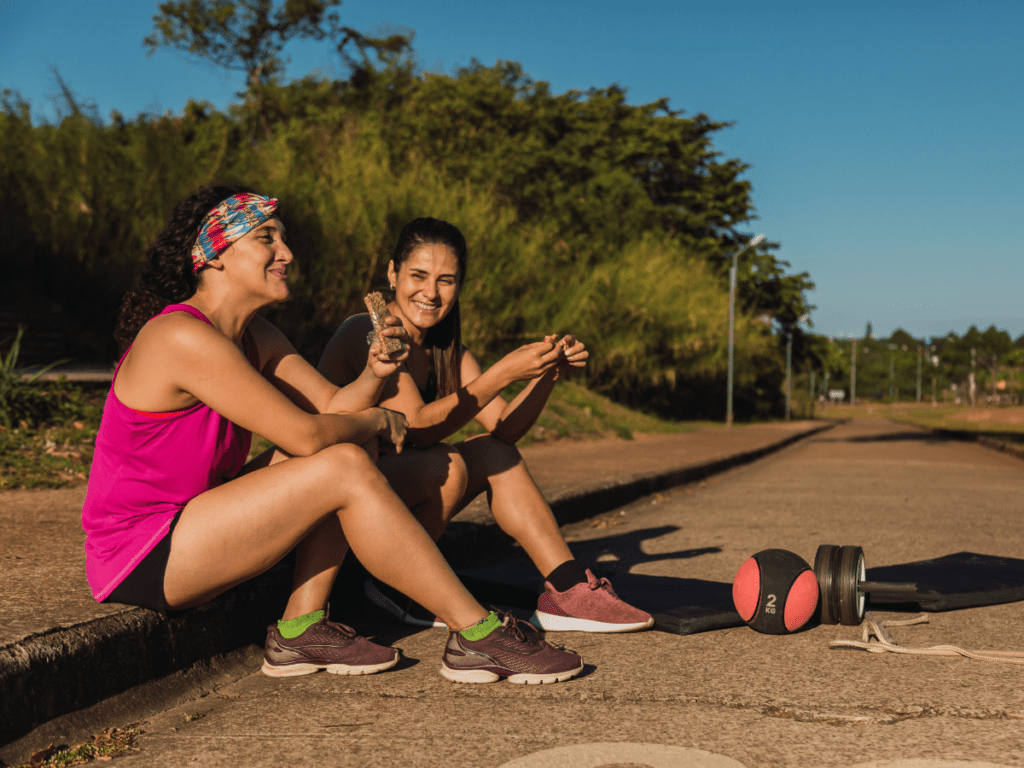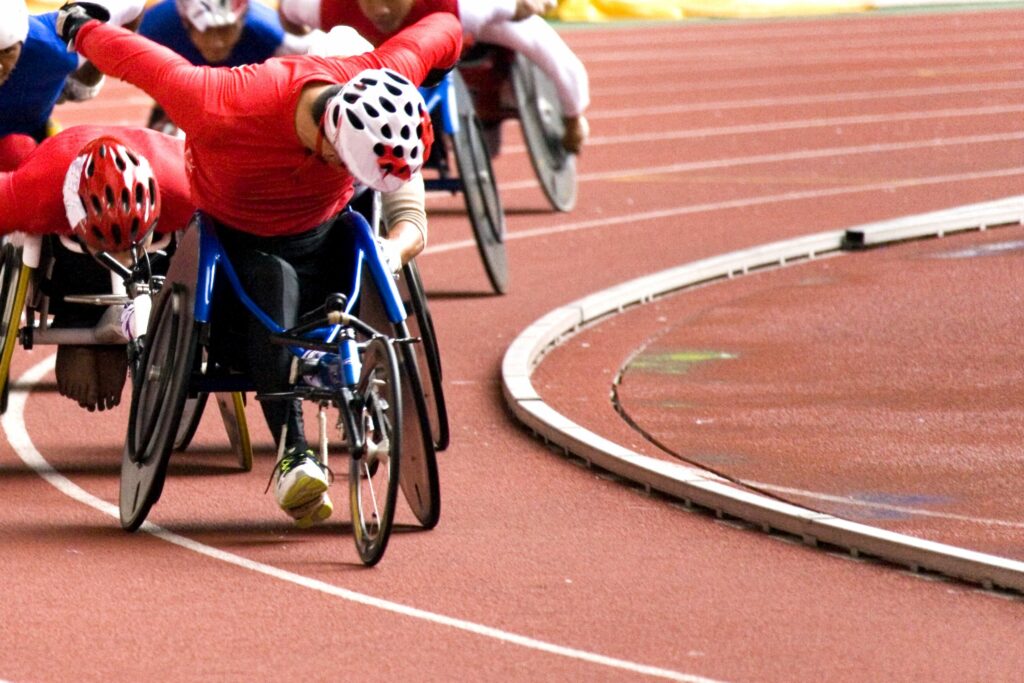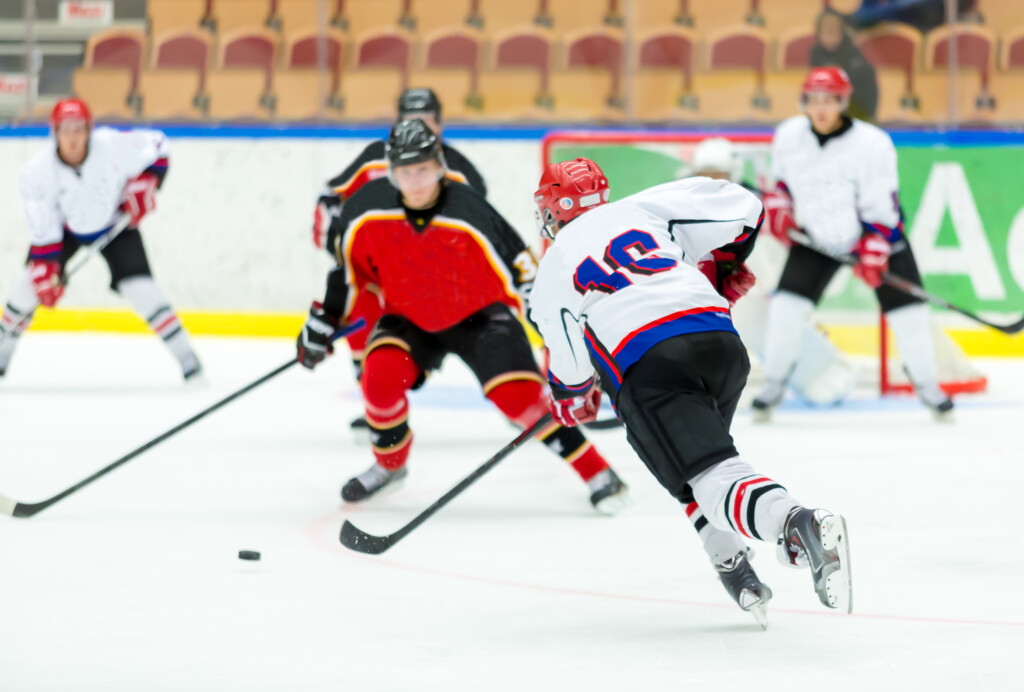Global Assessment on Physical Activity
The Global status report on physical activity is WHO’s first global assessment of implementation of policy recommendations to reduce physical inactivity by 15% in 2030. The report shows global progress has been slow. To reach this goal, WHO provides 5 suggestions, one of which includes providing more opportunities for those such as older adults and…
Emotion as a form of communication

In game 6 of the 2021 NHL playoffs, the Toronto Maple Leafs were down 1-0 in the third period and on the penalty kill. Toronto Maple Leaf Mitch Marner shot the puck over the glass, resulting in a penalty. While in the penalty box, Marner hunched over, looking anxious and defeated. The Leafs would give…
The psychology of recovery among endurance athletes

View the summary of this research here. The development of sport performance takes a lot of hard training, and all that training also takes equal amounts of recovery. Recovery is about restoring performance capability after facing stress in various ways, mentally, physically, and socially (Kellmann et al., 2018). Sufficient recovery compensates for stress and spurs…
The prospective contribution of sport and active leisure to student academic and psycho-social success from kindergarten to high school
Introduction and context Only 8% of school age Canadian students meet the recommended daily goal of ≥ 60 minutes of moderate-to-vigorous physical activity. Youth mental health problems have doubled over the past two decades. As family life represents a primary vehicle for child growth and development, lifestyle movement habits are learned in early childhood. As such,…
How youth athletes can support their own life skill development through sport
Sports help to develop crucial skills on and off the court, field, or ice. Participating in sports can help youth athletes stay physically healthy, build positive relationships with coaches and other players and learn valuable skills. While coaches often play a critical role in supporting athletes’ development, it is also important to consider how athletes…
Youth sport can benefit moms too
With approximately 75% of Canadian youth involved in organized youth sport, it’s uniquely positioned to promote mothers’ mental health and wellbeing. Learn more about how youth sport administrators, program leaders and families can create positive experiences and outcomes for youth sport moms in the SIRCuit.
Girls and women in hockey
Women hockey players in Quebec often report needing to travel long distances or move away from home to play in women-only leagues. When girls or women’s teams aren’t available at the desired competitive level, many turn to boys or men’s teams. New research shows that a lack of access to girls and women’s hockey programs…
Key considerations for Para athlete recovery

Para sport has grown substantially in the past decades with increases in athlete participation as well as training intensities and sport performance (Patricios & Webborn, 2021; Fagher et coll., 2016). Yet, there is still limited research to help inform practice, especially concerning sport physiology and health in Para athletes (Gee et coll., 2021). Recently, more…
Exercise and the heart
Exercise has many beneficial effects on the heart. Regular exercise reduces body weight, blood pressure, improves muscular function and strength of the heart and improves the body’s ability to take in and use oxygen. Research shows that adults should engage in at least 30 minutes of modest activity every day for heart health benefits. Modest…
Identification of “sleeping” talent in elite ice-hockey using psychological characteristics

In sports, some athletes currently under-perform compared to others, but end up excelling later in life, while some who currently perform well, end up under-performing later on. In other words, current performance is not necessarily a good predictor of potential in sports. This makes it a major challenge for scouts, who are responsible for spotting…